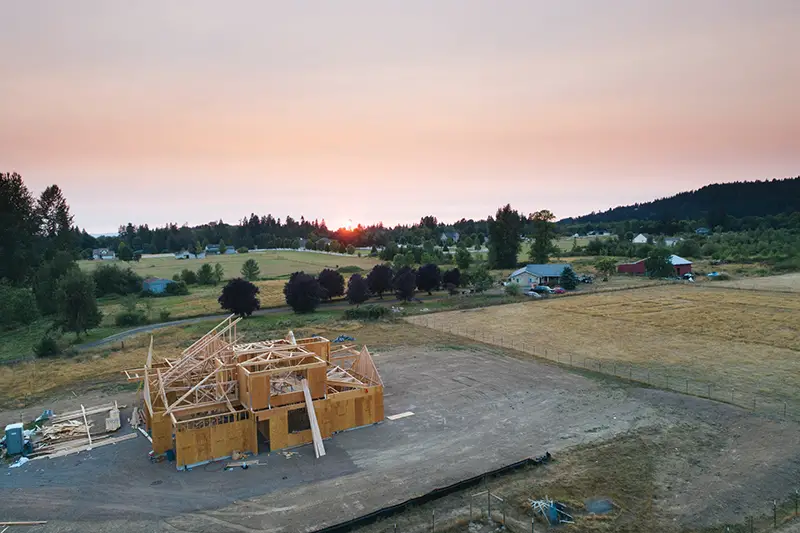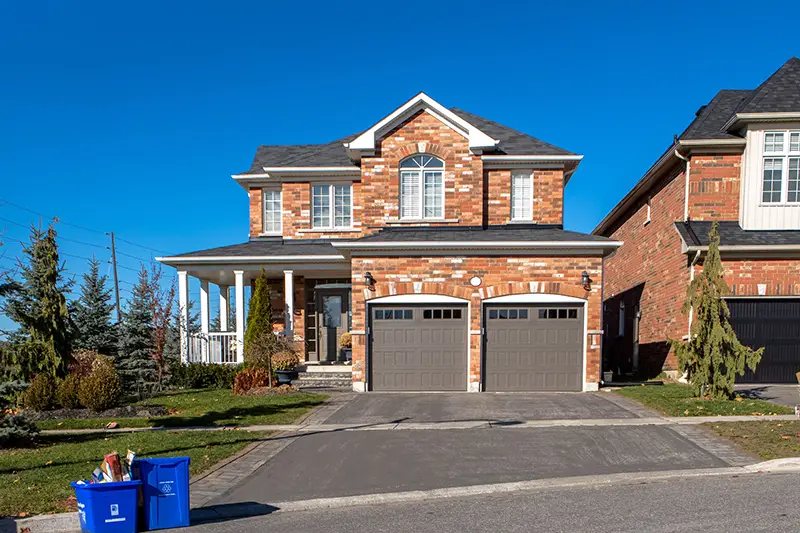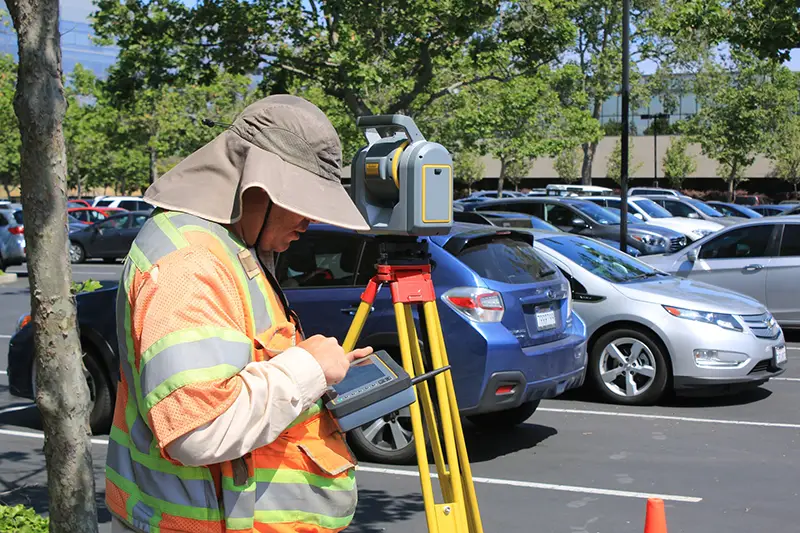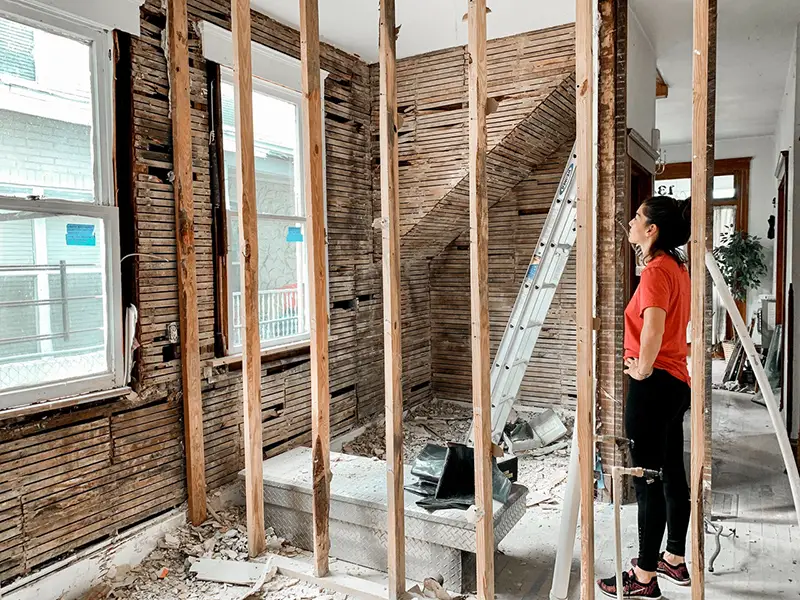Click here to get this post in PDF
So you just purchased some land? Congratulations. But before you run off to go start construction, it is important to figure out some things first. This is imperative because of the number of new and inexperienced property investors entering the market.
Many new property investors are trying to build their properties because they’ve found out that it’s a guaranteed way to grow wealth and become financially independent. Unfortunately, because they are young and inexperienced, some new investors end up taking on more than they can handle.
Many of these nascent investors don’t realize that purchasing the land is just the first step. You can start searching for land for sale Townsville but remember there are many more things to be done before building on the land. So if you’re wondering “what next” after buying your land, this article should provide some solid guidance.
Determine Your Property Type
What kind of property are you looking to build? Single-family home or multi-family property? More importantly, what are the zoning laws and building codes?
You need to remember that whatever you do, make sure that your building complies with building codes and zoning laws. Just because you’ve bought the land, doesn’t mean that you can do anything you want with it. Many new landowners realize this a little too late.
For example, if you intend to construct a multiple storey commercial property in an area that’s only zoned for residential one-storey buildings, your plans won’t work. You have to adhere to the city’s local ordinances, building codes, and zoning laws.
If you attempt to move forward with your plans, the city might slam you with a fine and compel you to tear down your property, causing you serious financial losses.
What’s Your Budget for the Building?
As with all financial endeavors, you should have a realistic budget for your new construction project. Naturally, you’ll need to speak with a contractor to determine the cost of your intended project.
Whatever your budget, remember to set up a contingency reserve. Sometimes, contractors will give you an estimate for the building project. Unfortunately, market prices and economic situations can change, which means the supplies can become more expensive.
As a rule, put aside an extra 5-10 percent of the total cost –this is the going rate in the construction industry. This will serve as contingency funds if the need ever arises. And if it doesn’t, the money can always go to other things like furnishing the home after it’s completed.
Survey and Map the Land
All newly acquired land should be surveyed and mapped. A topographical survey will help determine your borders, the nature of the land, the land’s features, topography erosion patterns, elevation, and much more.
These surveys are great for ascertaining the proper use of the land and identifying potential problems. This way, you can fix the problems early, repurpose the land or abandon the project before you end up investing a lot of money into a land that’s unfit for your construction purposes.
Consult With Contractors
The experts or specialists you hire to develop the land will often make or mar your project. If you want to succeed, you need to hire experienced contractors who know how to build what you need. Ensure you contract the correct type of surveyors. For example, Robinson Engineering Surveys specialise in marine and offshore structure surveying, which would not be appropriate for your land development.
You may need to speak to and vet multiple contractors before finally deciding on one. Make sure that the contractor you eventually hire is proficient, reputable, professional, and highly skilled. Custom home builders in Virginia are easily one of the best in the field.
Please note that you cannot take contractors at face value. People used to be able to do trust contractors, but some unscrupulous contractors have become notorious for making away with their clients’ monies.
If you need to, confirm their licenses, ask for valid references from past or present customers, speak to those customers and get a feel of who the contractor is.
You don’t want to end up paying the contractor a lot of money and having them disappear on you. If anything, you want to make sure that they are skilled enough to deliver the building to your taste and in keeping with your contractual agreements.
Taking care of this can be one of the more complicated parts of the process. When you’re doing so, you should also consider conveyancing, which can be an integral part of the construction. Choosing the right option for this doesn’t need to be difficult.
Like many other contractors you could work with, looking for ‘conveyancers near me’ online can be quite helpful. Remember to compare options and quotes to ensure you get the right option for you.
While these could be extra costs associated with the build, they could be necessary components of ensuring it’s done well.
Final Thoughts
Construction projects are often unpredictable. Contractors will often give you a schedule or timeline within which the property will be delivered. Understand that whatever schedule you’re given is only a guideline.
The building may or may not be delivered within that timeframe. Sometimes, these delays are caused by supply issues, material shortages, and even natural disasters. Just keep an open mind and hope for the best. This will save you a lot of stress and headaches.
You may also like: Concrete construction: The best way to go





